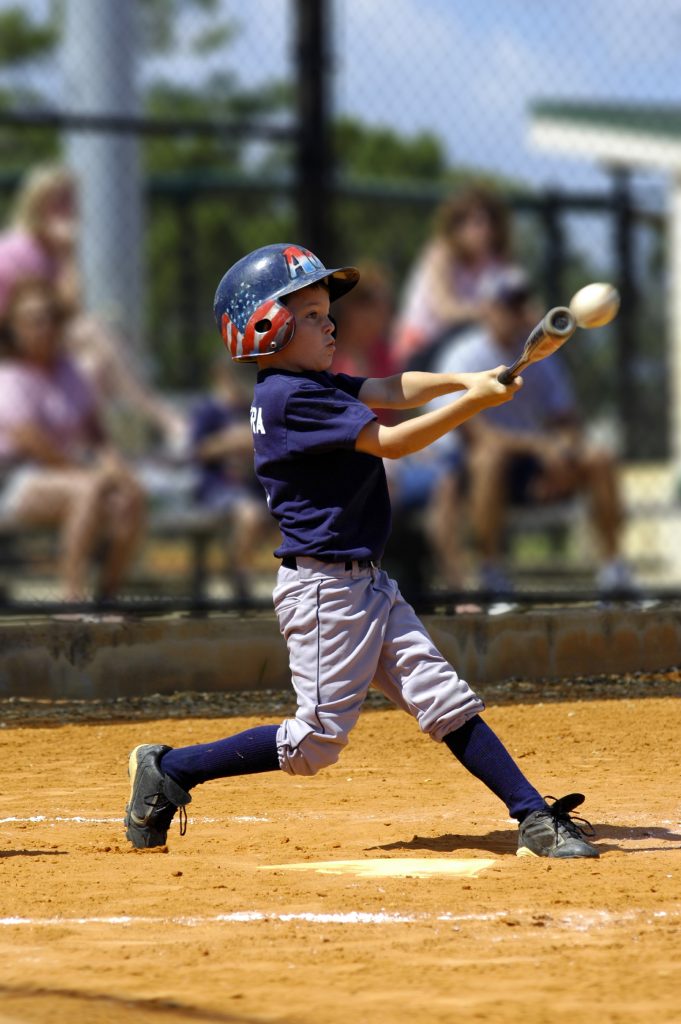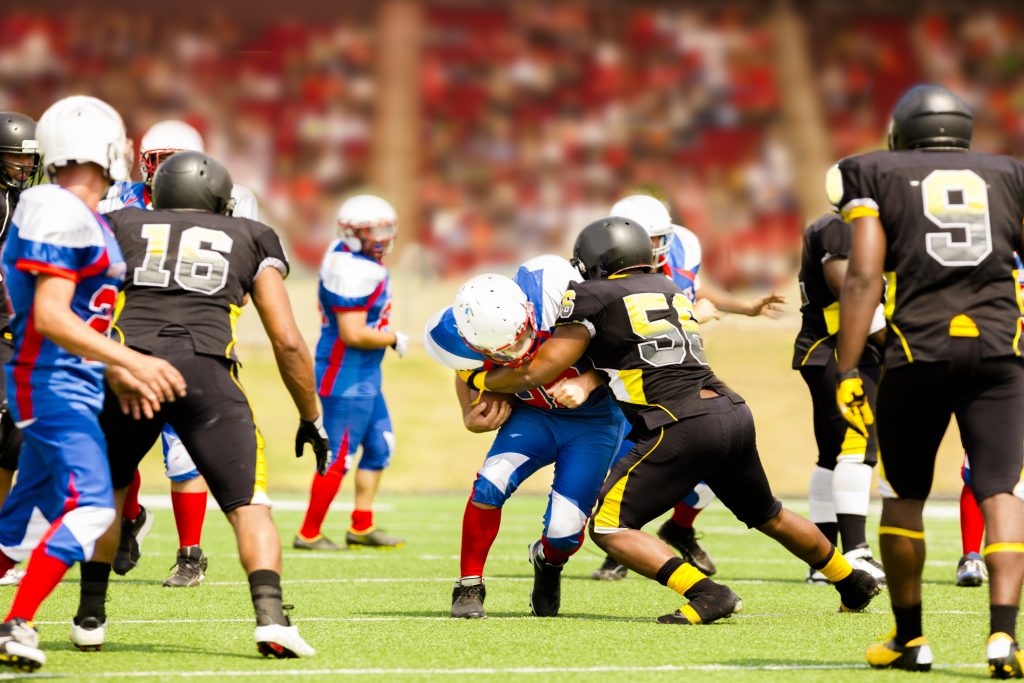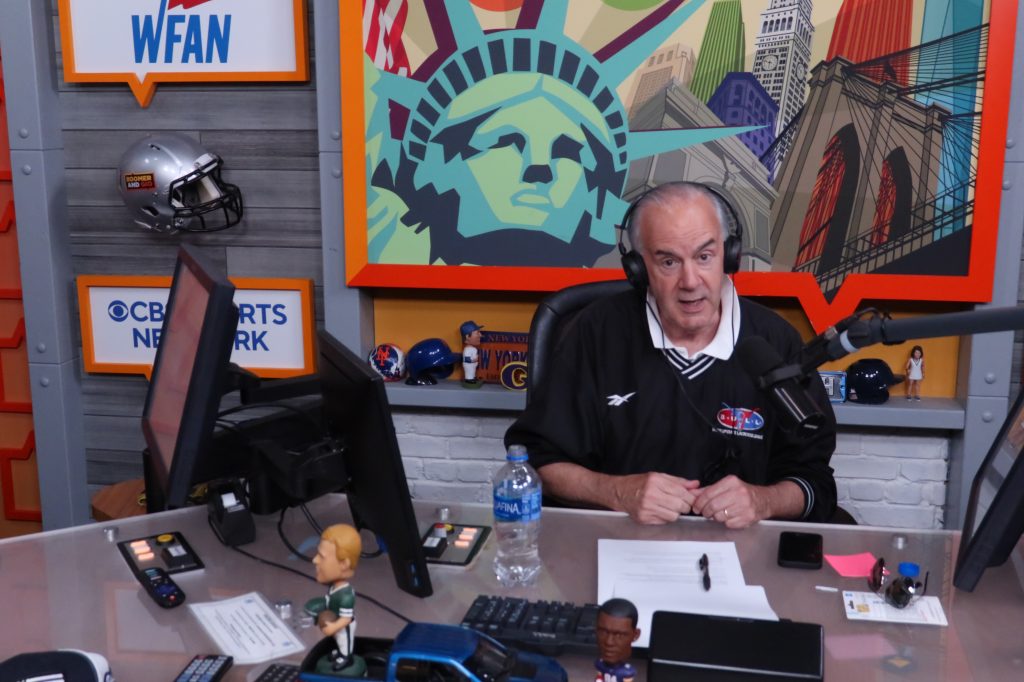By Steve Phillips
Nowadays, everything is specialized. There aren’t just doctors; there are orthopedists, neurologists, oncologists, podiatrists, ophthalmologists, dermatologists and the list goes on. There aren’t just engineers; they can be civil, mechanical, design, audio, chemical, electrical, biomedical, etc. In every aspect of life, the world has become narrow in its focus. We rely upon experts in every field. If we haven’t consulted an expert, then we haven’t done enough.
I get it. It is happening in my world too. When I was the New York Mets’ general manager from 1997-2003, we had a pitching coach, hitting coach, bullpen coach, bench coach, first base coach and third base coach who supported the manager. This past season, the San Francisco Giants had a 17-person coaching staff. It is the way of the world in every industry.
Don’t get me wrong. We all benefit from specialization. It brings out the best of the best. And that can never be bad.

Much of who we are later in life stems from our childhood development and experiences. We all hope our kids are intellectually, emotionally, mentally and socially capable. We want them to have a strong foundation so they can be successful, healthy, happy adults. That is a lot to ask for and to achieve. In this world of specialization, there is such a push to narrow one’s focus so quickly that it may rob our kids of the comprehensive broad-based foundation that they need.
Have you ever had a doctor who has no bedside manner? Or a boss who can’t relate or motivate? Have you been a member of a sales team that has been torn apart by the selfishness of an individual? Have you ever been left wondering what a coworker is thinking because of their extreme isolation? Have you seen finger-pointing with coworkers when things have gone wrong? Of course, some of this is personality-based but I also believe some of it is because of experience deficits. Somewhere along the way, people weren’t fed what they would need later in life.
If any of this resonates with you, then read on. Now, I am not an expert on parenting. Just ask my boys. Thank goodness they have a very strong mom. I do have some suggestions though about ways to broaden the skills and coping mechanisms that can come in handy as they grow up.
I grew up in Detroit, Mich., as the second of four boys. My brothers and I all played football, basketball and baseball, and ran track as kids through elementary school; we then each played at least two sports in high school. Back in the day, kids with athleticism were groomed to be three-sport athletes. I was fortunate enough to get recruited to play college football and signed a letter of intent to play at Northwestern University. I made my college visits during the basketball season, working around games. I didn’t end up at Northwestern as I was drafted by the New York Mets out of high school to play professional baseball. I signed with the Mets and went on to play seven seasons in the minor leagues. I pursued my degree while playing ball and graduated from the University of Michigan. Ultimately, I was hired for an administrative assistant position in the Mets organization and worked my way up to the role of general manager. After the Mets, I went into the media covering baseball and have been there ever since. My life has been filled with many thrilling highs and some significant, painful lows. I have drawn upon all of the lessons learned from playing sports along the way. Each sport taught me different lessons specific to that sport.

I am blessed to have four boys of my own. They all played football, basketball and baseball as kids. They thrived in multiple sports in high school. I have seen these same life skills they acquired by participating in multiple sports help them in the transition from high school to college, and now beyond. They have shown grit, toughness, determination, adaptability and an ability to deal with adversity.
Playing multiple sports can give participants a broad range of skills and coping mechanisms that are so valuable in life. Every sport teaches discipline, commitment, competitiveness and determination.
What has changed? Kids are choosing only one extracurricular activity and obsessing about it: one sport, one instrument or one club. Kids only want to do what they are good at doing. They don’t seem to be willing to challenge themselves if they don’t excel at something right away. This then leaves them with one group of friends; they may not experience diversity of thinking or tolerance for differences.
“Parents and kids today face so much pressure now to specialize in a single sport today,” said Rick Wolff, a nationally recognized expert and author in the field of psychology and sports parenting who also hosts a radio show on WFAN. He believes that the youth sports landscape has changed dramatically over the last 25 years. “Travel teams and club teams pursue kids and tell the parents that if their child plays three sports, they will get left behind in their best sport. And they don’t have any real research or evidence that it is true.”
Perhaps it is fearmongering. Parents want scholarships for their kids and a cottage market of travel teams plays on that desire. Coaches become territorial and threaten their players and parents to make their sport a priority or they won’t play at the current level, let alone the next level.
“The truth is that the gifted athlete, the top of the top, those that play at the Division One level, are great no matter what they do,” Wolff pointed out to parents. “They don’t have to specialize. The physical skills developed in one sport are transferrable to others. Plus, the emotional and mental skill development is different in every sport and offers something unique.”

Football really teaches teamwork. Players learn that each member of the team has to fulfill their responsibility if the team is going to succeed. Each player is accountable to one another. They learn how to push through fatigue and pain while playing football more than every other sport. Football demands a diligence and perseverance as plays need to be practiced over and over. The shared commitment necessary to get through an entire football season pulls players together, forming a collective bond of respect. Football develops leaders and teaches how to deal with adversity. The game instills grit in its participants.
Baseball teaches how to deal with failure. In a sport where one is considered good when they succeed only three out of 10 times (.300 hitter), there is ample opportunity to learn coping mechanisms. One has to let go of previous failures, from one at bat to the next, in order to compete with confidence. Baseball, like golf, is a sport where trying too hard is counterproductive. Players have to learn how to be intense without being tense. It is a team sport but there is an individual performance aspect of it when a batter faces a pitcher. The individual competition within the team structure of the game creates a different level of pressure to perform, which will come in handy in most jobs when they are older.
Basketball is about execution and anticipation. Players have to adapt and adjust on the fly. It is a sport where the transition from offense to defense can happen rapidly without a stop in the action. Players learn to think on their feet and anticipate what the opponent is trying to accomplish and how to counteract that. It calls for a level of physical conditioning with intense bursts of quickness and speed. Players learn to rely upon each other and develop trust that they will be there to help one another when needed.
Soccer, lacrosse, hockey, cheerleading and volleyball are team sports that impact athletes in much the same way as the above sports. Individual performance sports, within a team structure—like golf, tennis, track and field, cross country, swimming, and wrestling—certainly teach how to handle pressure as an individual. They also create an internal competition for the athletes themselves in addition to competing against opponents. This creates measurable personal goals and challenges that push the individuals to improve.
You can see how playing different sports can instill an athlete with a variety of attributes that create a broad spectrum of skills that will come in handy through the ups and downs of life. Limiting our kids to only one sport may limit their access to valuable life lessons. Encourage kids to play sports for fun. When it becomes too focused on seeking a scholarship, it can become a stress-filled, business-only process. Wolff said that he has heard something from kids in recent years he had never heard before: “I play this sport for fun, but I play that sport for real.” Young athletes reference the sport they prefer the most as real but not as fun. Something is wrong with that.
Another reason that kids should play multiple sports and avoid playing one sport year-round is physical. Of course, physical activity is healthy, but training the same muscles over and over at an early age can lead to problems, particularly with throwing sports like baseball.

“Pre-teen and adolescents are very susceptible to serious growth plate injuries caused by overtraining,” said Dr. David Altchek, an attending orthopedic surgeon and co-chief emeritus of the HSS Sports Medicine Institute and the medical director for the New York Mets, about overtraining the body at a young age. “I see it time and again. Kids come into my office with their parents, and mom and dad want to know when their child can get back on the mound.”
The body needs to recover after a season. There is a lot of wear and tear that affects even young kids that is often disregarded.
“When a young athlete feels any pain at all in his or her joints, they need to back off recover to avoid longer-term more serious injuries,” said Dr. Altchek. “Play a different sport and let your body heal. The benefits of cross-training are often ignored.”

My experience and the opinion of the doctors is that playing multiple sports and cross-training has physical as well as social, mental and emotional benefits in young athletes. Dr. Altchek added that, “Who an athlete is at 12-14, is not necessarily who they will be when they get older.”
There are obviously other ways to develop character and life skills than just sports. But if sports are your kids’ thing, then I would encourage diversity and variety. The broader the foundation of life skills our kids have, the better bosses, doctors, engineers and people they will become.







More Stories
Connecticut Sun: Playing for Good
Staying in the Game: How Aging Athletes Can Prevent and Recover From Injury
UConn Women’s Basketball Legacy: Back to the Beginning